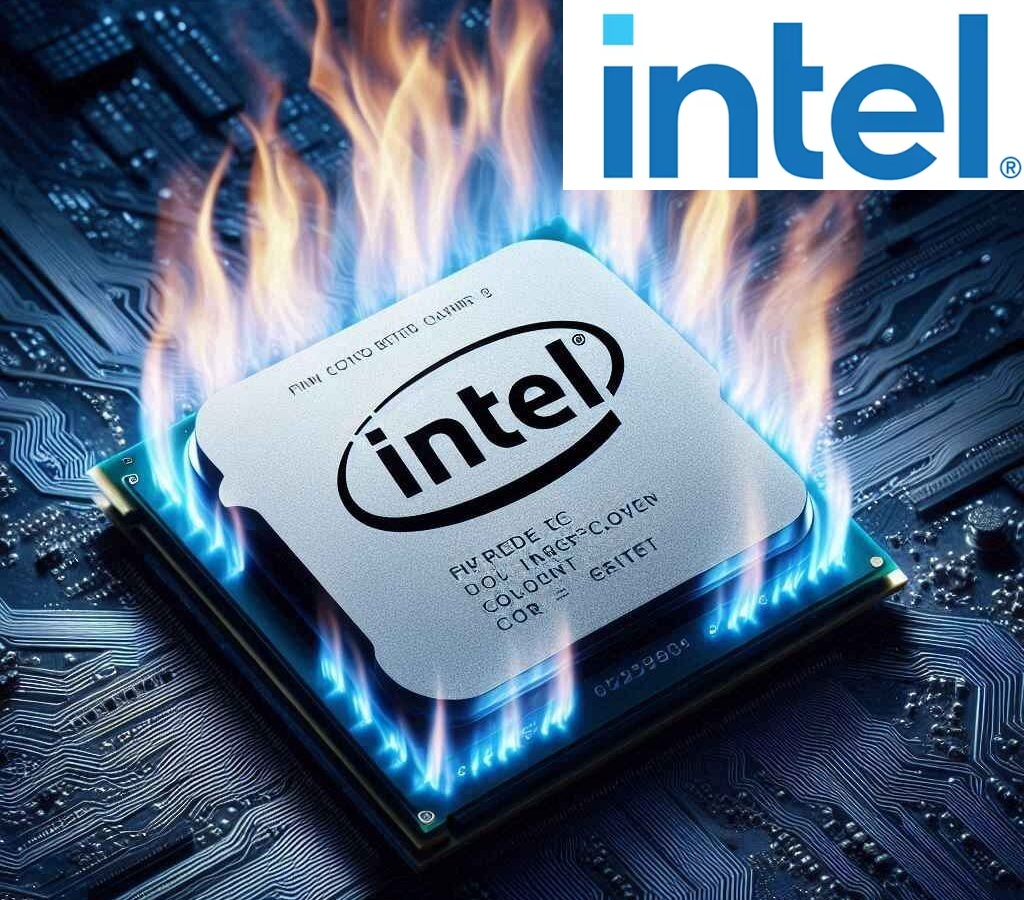Substantial Job Cuts Amid Global Restructuring
Intel is eliminating another 500 jobs in the Bay Area as it pushes forward with sweeping global staffing cuts. In its latest move, the company revealed plans to slash 516 positions at its Santa Clara headquarters, according to a WARN (Worker Adjustment and Retraining Notification) letter sent to the state’s Employment Development Department (EDD).
Santa Clara and San Jose Layoffs Surge
The new layoffs reveal a stark jump from Intel’s original estimate of 54 job cuts in Santa Clara. Just last week, the company announced a reduction of 47 roles in North San Jose, marking a steady rise in regional layoffs. These updates underscore Intel’s significant workforce restructuring, following its August announcement of plans to eliminate 15,000 positions worldwide — about 15% of its workforce.
In a blog post addressing the August decision, Intel CEO Pat Gelsinger expressed regret over the difficult choice, calling the layoffs “painful” news for the organization and its employees. These job reductions reflect the tech giant’s need to recalibrate after “disappointing” performance outcomes over the past year.

Impact Across Bay Area’s Tech Sector
Intel’s Santa Clara layoffs are part of a broader wave of job reductions that has rippled through the Bay Area since 2022. During the COVID-19 shutdowns, tech companies ramped up hiring to meet the growing demand for remote work and online services. However, as the pandemic eased, demand leveled off, leaving many companies with more staff than needed.
Since 2022, local tech companies have disclosed plans to cut over 48,300 jobs in the Bay Area, a striking statistic in an industry that has typically been synonymous with growth and innovation. Other major players contributing to this trend include Meta, Tesla, Google, Cisco, and Salesforce, each with thousands of layoffs. Intel alone has now cut more than 1,600 jobs across its Santa Clara and San Jose offices since the beginning of 2022.
Room for Retention and the Future of Tech Jobs
Intel may retain some of its affected employees, with opportunities for reemployment within the company. James Walker, Intel’s director of corporate people movement, noted that some employees might find comparable roles internally.
Despite the current layoffs, tech companies continue hiring for specialized roles. Fields like artificial intelligence, quantum computing, and renewable energy remain areas of interest. The rise of these industries suggests that, while traditional roles may dwindle, the tech landscape will continue to evolve, offering fresh opportunities for those with adaptable skills.
Intel’s latest round of layoffs illustrates the enduring challenges and shifts in the tech sector as companies seek new paths to growth in fields that align with emerging technologies.




